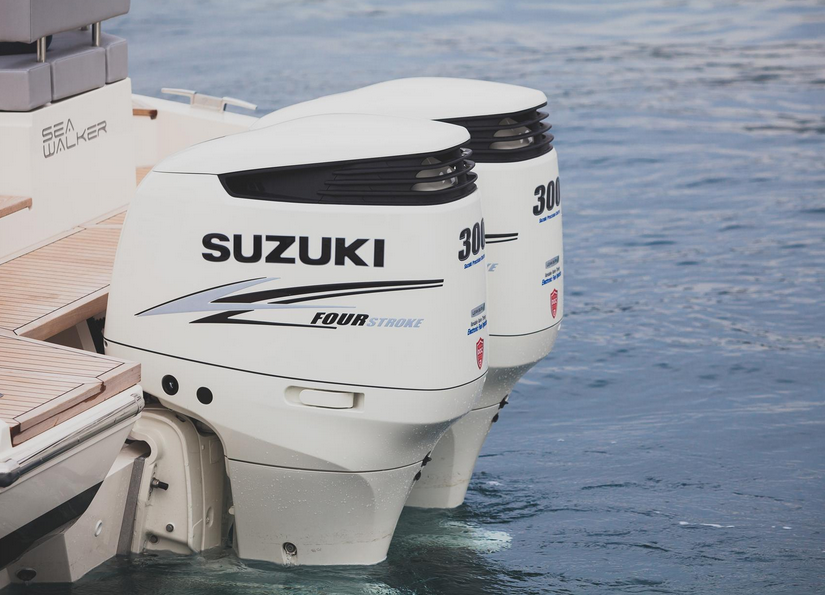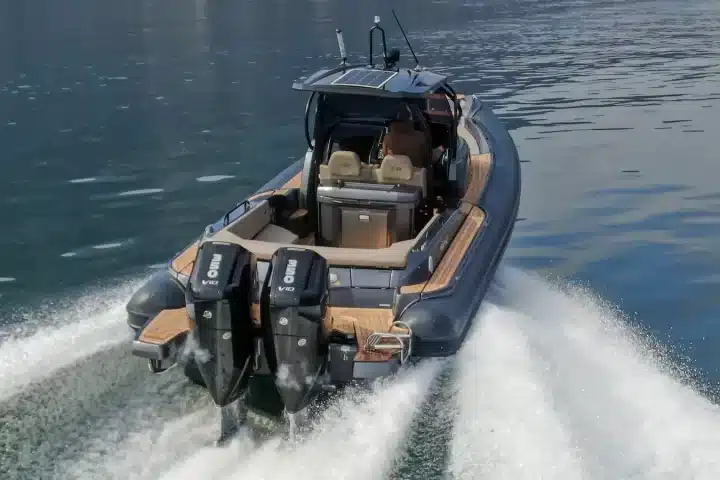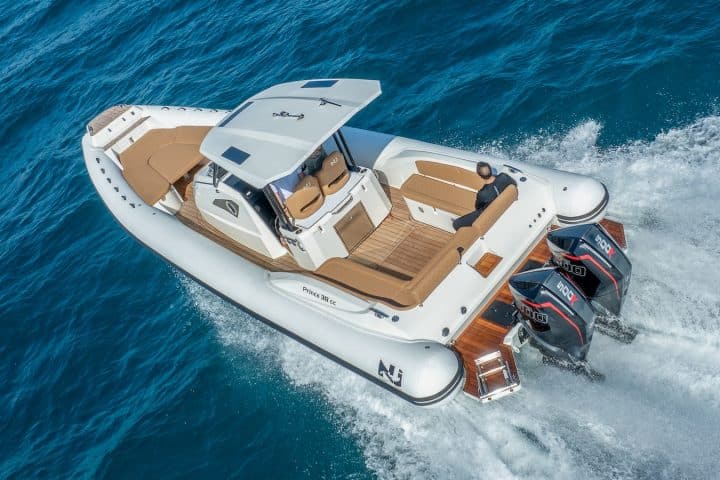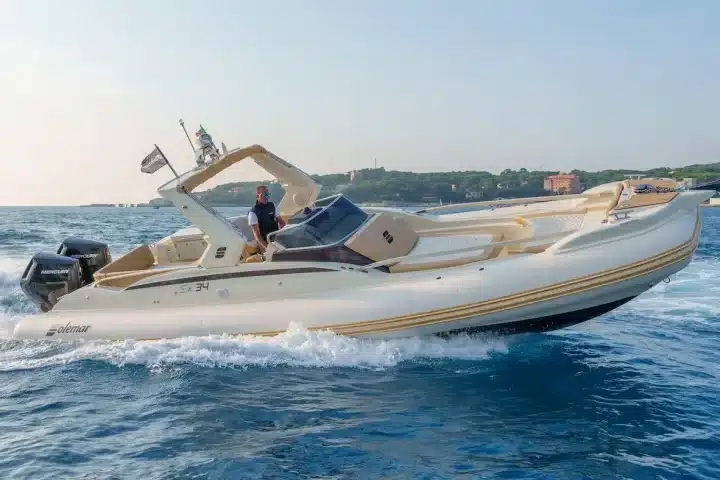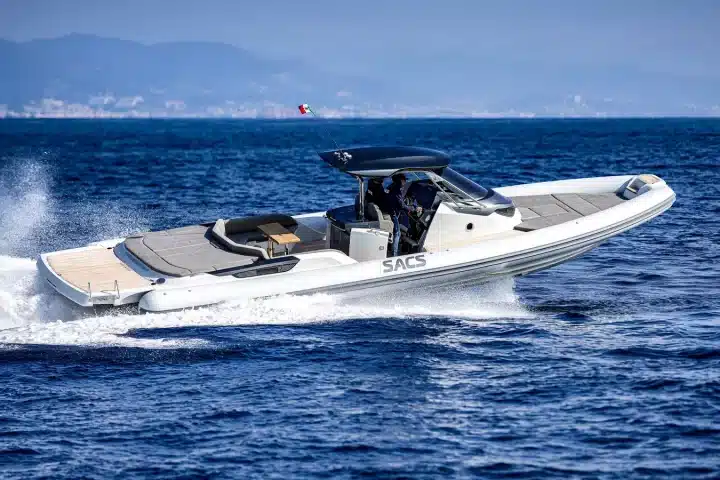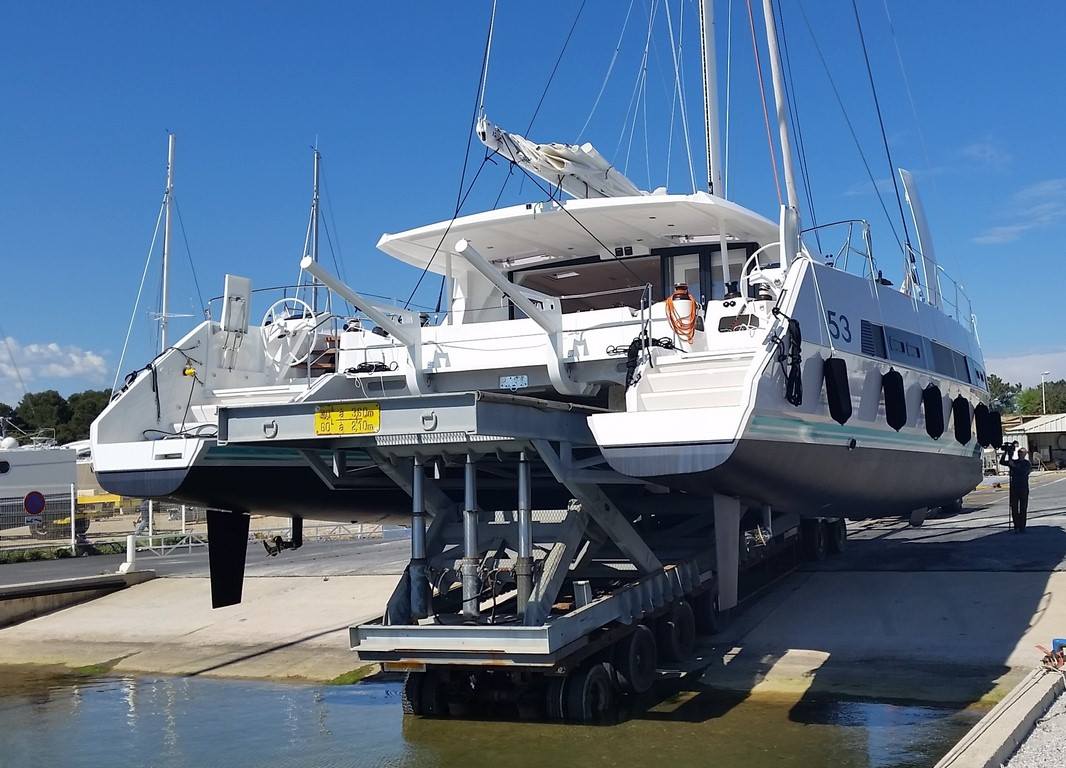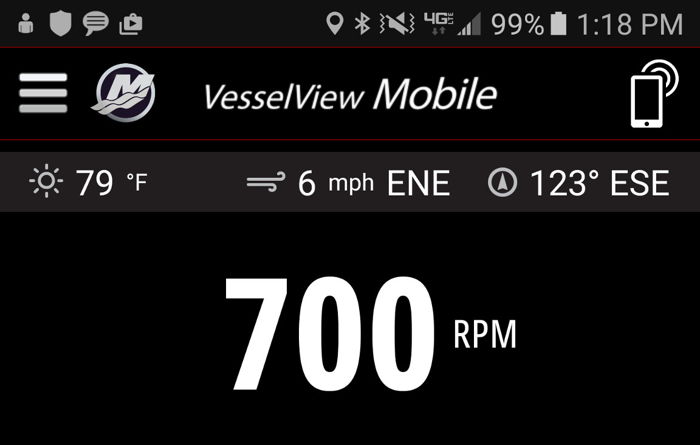Galvanic current is an inevitable enemy of all metal components present on our boat. It exists in nature and we can’t avoid it. With Marco Massola, Suzuki Marine Italia Technical Staff Director, we talked about it and the necessary protections for our outboards.
What exactly is galvanic current?
” Galvanic current and galvanic corrosion – Massola explains – are both natural phenomena. When a metal is immersed in a conductive fluid, galvanic current starts to attack and corrode it. When different metals are involved, corrosion will attack first the less noble metal and then the nobler one following an ideal metal value system”.

Sea is an excellent conductor and engines are mostly made of aluminium and steel. In the metal value scale, steel is more “titled” than aluminium. Consequently, where protection don’t exist, our outboard seriously risks to have its aluminium parts immediately damaged by galvanic current.
That’s where special metals act as guards and sacrifice themselves for the others. It’s not for nothing that they’re called “sacrificial anodes“.
” The aim – Massola explains – is to deploy metals that are even less noble than aluminium and expose them to corrosion. In our case, zinc will attract galvanic current, preventing metal parts of the engine from corroding”.
Of course, sacrificial anodes cannot be placed randomly but they need to take a precise place to perform their function in the best possible way. On outboards (zinc is present in other metal parts of the boat, such as keels and engine shafts), they are generally placed on cavalletto del pìmotore, the shaft and inside the ourboard.
Since their function is to get consumed and considering that galvanic currents don’t act in the same way in the different points of an outboard, a periodic check and replacement of consumed anodes is necessary in order to prevent serious engine damages. In fact, when zinc disappears, galvanic current will start to attack and corrode aluminium with possible dramatic consequences for the engine.
However, anodes are not all the same. They differ according to the waters where our boat sails. Zinc anodes, for example, are suitable for saltwater and therefore subject to more corrosion. Magnesium anodes, on the contrary, are weaker and therefore more suitable for freshwater.
https://www.facebook.com/tuttobarche/videos/1509339972418358/
